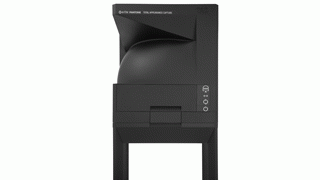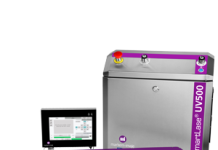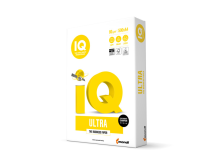The X-Rite Pantonec (AxF) is a new file format that allows the full communication of visual appearance in a single, editable file to improve the virtualisation process.
A vendor-neutral format, AxF provides a standard way to store and share all relevant appearance data colour, texture, gloss, refraction, translucency, special effects (sparkles) and reflection properties across Product Lifecycle Management (PLM), Computer-Aided Design (CAD), and state-of-the art rendering applications.
AxF enables an entirely new level of consistency and accuracy in the digital representation of physical materials across these tools, streamlining the design process and accelerating time to market.
‘For a growing number of brands in industries ranging from automotive to fashion and home goods, apparel,and media and entertainment, product appearance is a crucial element of the buying decision,’ said Dr. Francis Lamy, Executive Vice President and Chief Technology Officer, X-Rite Pantone. ‘Appearance must, therefore, be an integral part of the design-to-production process and not just an afterthought. AxF makes this possible.’
Integration of real world materials has always been the missing link in virtual product design. Traditionally, design teams have approximated the physical (optical) behaviour of materials in digital tools through tedious and time-consuming manual re-creation and editing. These ‘hand-made’ virtual representations are neither accurate nor able to be shared across the numerous design and rendering tools used at various stages of the workflow, creating significant challenges for designers.
AxF helps address these challenges by providing a vender-neutral file format to convey all appearance attributes digitally. AxF enables the creation of full-scale digital mock-ups featuring even sophisticated materials such as special-effects paints, leather, plastics, fabrics, wood, and brushed metals. AxF accelerates time to market by reducing design time and approval cycles. By solving interoperability issues across PLM, CAD, and rendering software applications, AxF ensures that design and marketing teams achieve a consistent look and feel from digital prototyping to showroom and point-of-sale environments.
X-Rite Pantone has a proven track record in developing global standards that ensure digital colour information is accurately and efficiently communicated among technologies and across the entire supply chain. In 2015, the ISO TC130 committee adopted X-Rite Colour Exchange Format version 3 (CxF3) as the standard for colour data exchange and verification for the Graphic Arts industry.
In creating AxF, a format that identifies a material and describes all of its appearance properties, X-Rite gives designers a way to capture more than just colour. This capability is critical for complex materials with characteristics such as gloss, translucency or special effects that influence perception of appearance.
AxF is the foundational component of X-Rite’s recently announced Total Appearance Capture (TAC™) ecosystem, an appearance measurement solution that brings a new level of accuracy and efficiency to the capture, communication and digital presentation of physical materials in the virtual world.
A number of PLM and CAD system providers are building integrations with X-Rite’s AxF to leverage the powerful digital material capture capabilities of TAC. Autodesk VRED Professional 2017, Luxion KeyShot and the NVIDIA Iray physically based rendering solution support AxF, offering users nearly the entire spectrum of sophistication of the TAC scanning technology.
AxF is able to compress raw data from terabytes to megabytes providing third party software applications with efficient access to a full set of material appearance characteristics without compromising performance. AxF is not restricted to a specific device or measurement geometry, spanning single spectrum to full BSSRDF. AxF is highly portable, with SDKs available for Windows and Linux operating systems, and is compatible with SVBRDF-based workflows.
‘We’re seeing broad industry support for AxF and working directly with hardware and software vendors and members of the research community on new integrations and enhancements,’ added Lamy.





















